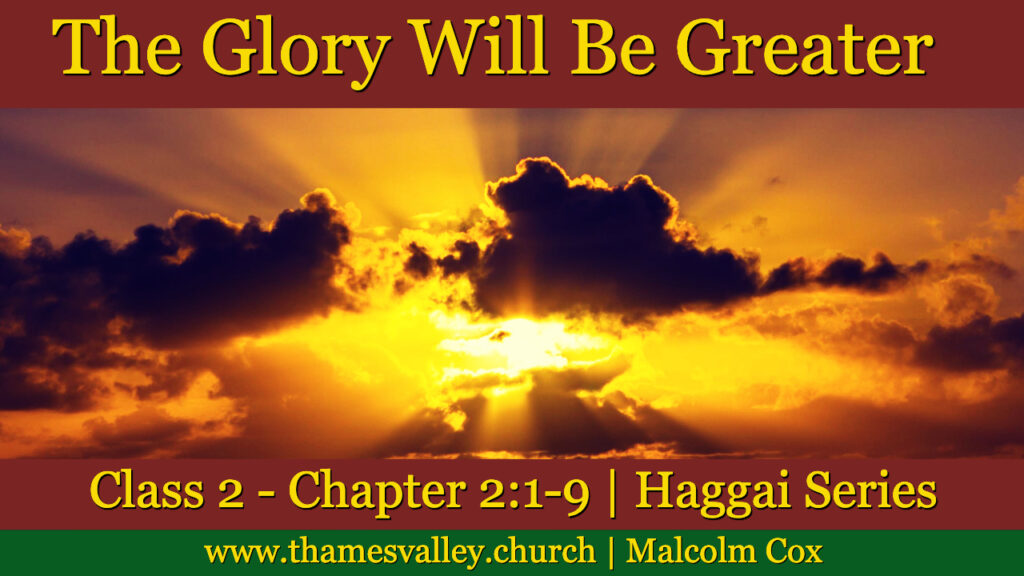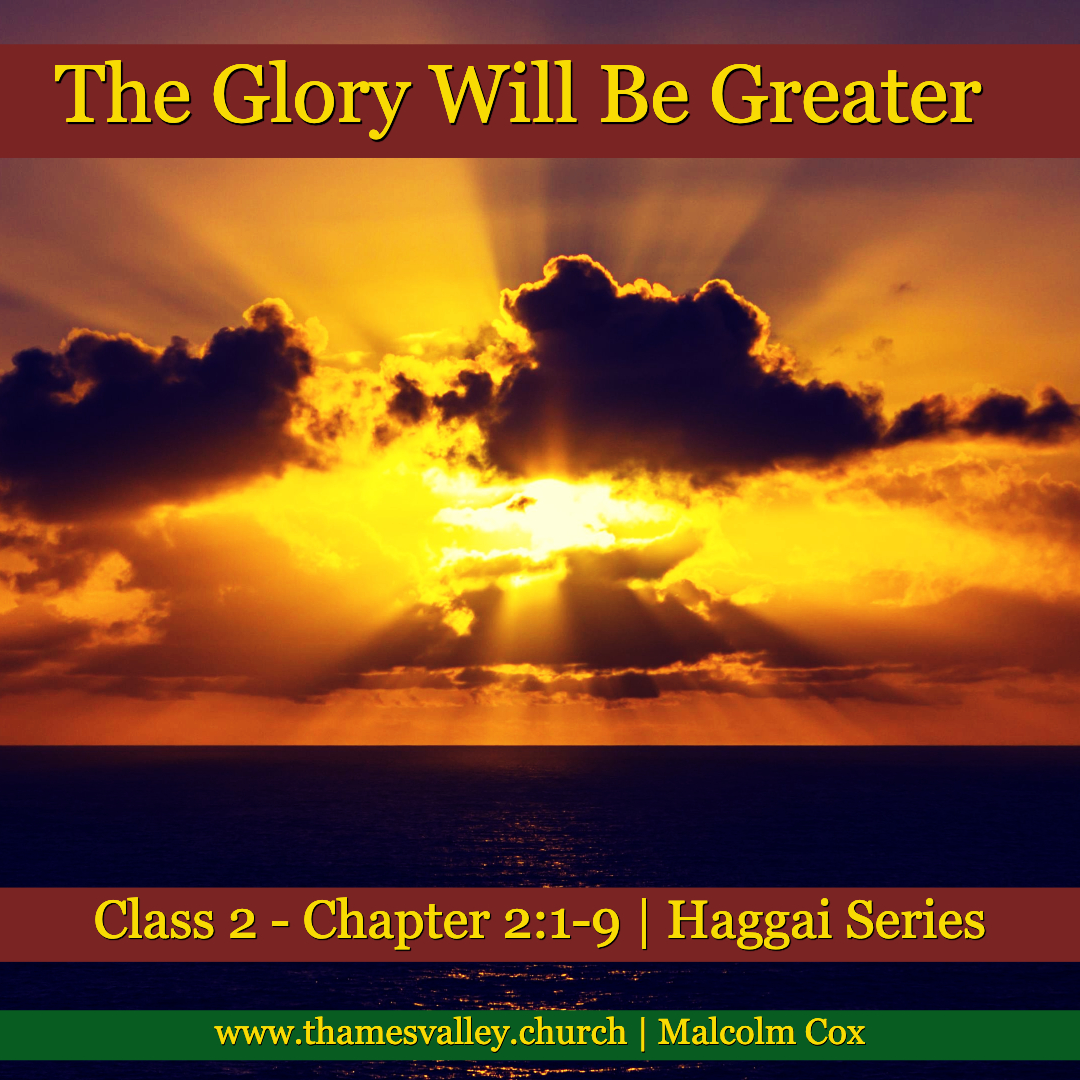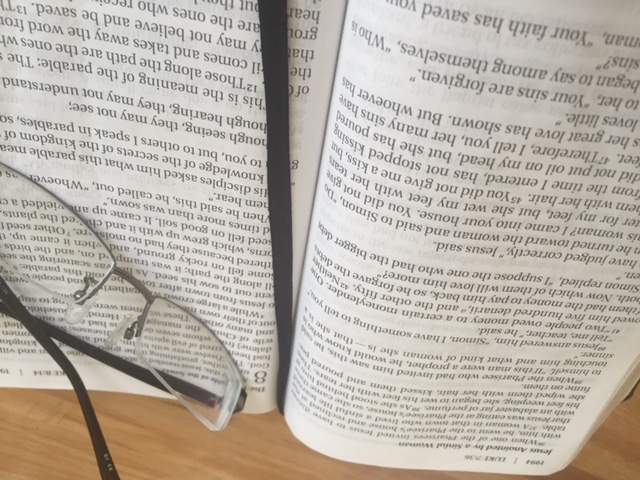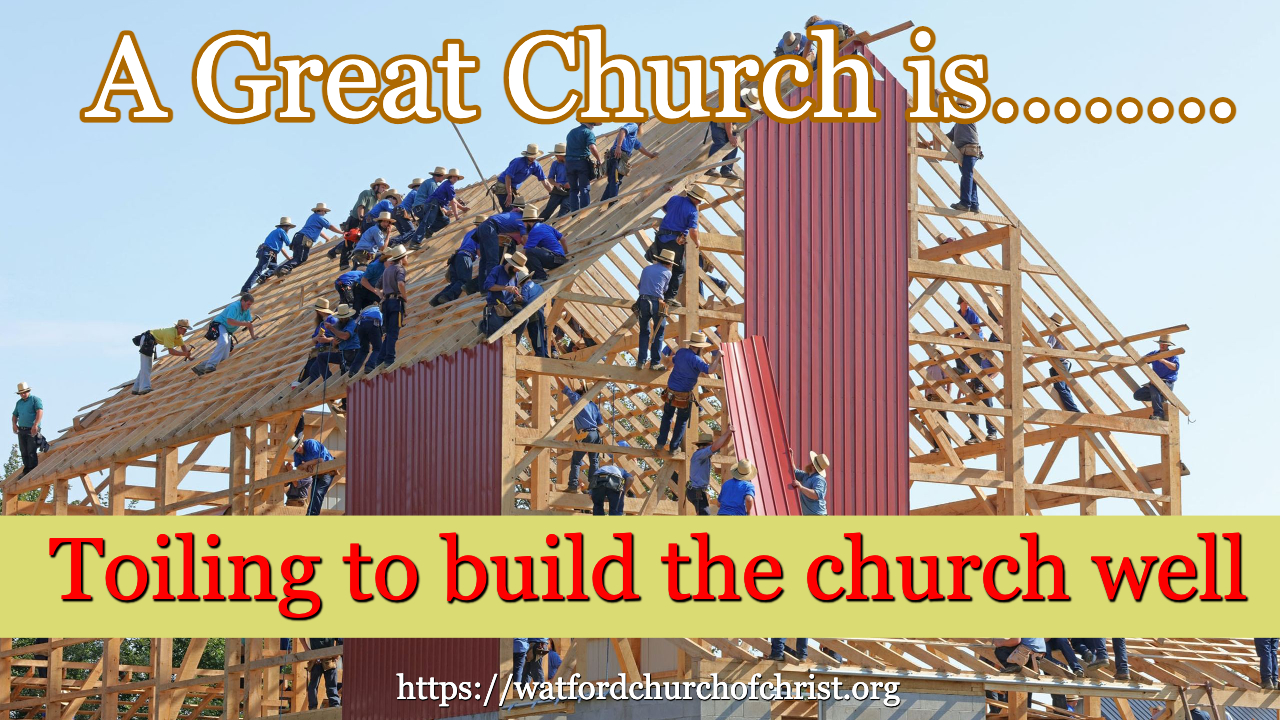
Chapter 2:1-9
1. The Call to Reflect
– Haggai 2:2 ““Speak to Zerubbabel son of Shealtiel, governor of Judah, to Joshua son of Jozadak, the high priest, and to the remnant of the people. Ask them,”
– ‘speak to’ – we only have God’s instructions to Haggai, not a record of the actual delivery of those words or the response. Is that significant, or simply an economy of text with an emphasis on the origin of the words, ‘the word of the LORD’?
– ‘remnant’ – the temple remnants are the setting for the address to the national remnant. Third mention of remnant, 1:12, 14.
– We notice all parts of the community are addressed. Secular leadership, spiritual leadership and the ‘remnant of the people’. No group will achieve much for God unless all parts are determined to please God and bring him honour. Are all the members of your group aligned in this way?
– Haggai 2:3 “‘Who of you is left who saw this house in its former glory? How does it look to you now? Does it not seem to you like nothing?”
– Three questions, all driving at the heart of their discouragement.
– ‘Who of you’; ‘How does it’; ‘Does it not’?
– Former glory; now; nothing?
– What was it like; what is it like; what is its future?
– What does it’s current state mean?
– Not all were old enough to remember, but some were, and may have been the most influential. If, when comparing the old temple with the smaller new one they were dejected, it is understandable.
– Perhaps he was one of those who was old enough to remember. It would lend weight to his question. Jewish tradition makes him old (1 Rabbi Eli Cashdan, The Twelve Prophets (Soncino Press, 1948), p. 254.).
– Now 520, destruction 586 – 66 years previously
– Had the work begun to lose momentum? As the scale of the task became clearer, and the possibility that the new temple may not be as ‘glorious’ as the old one, did they lose heart? We can be similarly effected. The new ‘glory’ of the church may not look as ‘glorious’ to the older members. But it does not have to. It needs to glorify God, not transport us back to a former time of glory now gone, precious, but part of the past.
– How optimistic (faithful) are you about the future of the church? About God working in your group? How much doubt and discouragement are you sensing, or how much excitement and anticipation? Can you be honest about any doubts and fears you are experiencing? God can handle whatever you are feeling.
2. The Call to Courage
– Haggai 2:4 “But now be strong, Zerubbabel,’ declares the LORD. ‘Be strong, Joshua son of Jozadak, the high priest. Be strong, all you people of the land,’ declares the LORD, ‘and work. For I am with you,’ declares the LORD Almighty.
– ‘but now’ – implies the ability to make a decision, as well as the need to do so.
– ‘but’ is a statement of faith. It does not matter what the past was like, how you feel about it, what you think it all signifies – what matters is what decision you make here and now as confronted with the word from God.
– ‘be strong’ – Joshua 1:5-9. A time of a new beginning, with a new leader who had not the same pedigree as the former.
– Used 3 times – all parts of the community need to make the same decision. Implies that if one or two segments get on board, the other or others will derail the situation.
– Implies strength is a decision
– Implies they knew what it would look like to be ‘strong’ in their context. I.e. the actions that would follow from the decision to ‘be strong’.
– If God were to say to me, perhaps through another person, ‘be strong’, would I know what that meant?
– ‘people of the land’ – not Jerusalem. Is this a reminder of the land promise God gave them through Moses and a former ‘Joshua’?
– ‘work. For I am with you’ – ties together tightly the activity and the support.
– Haggai 2:5 ‘This is what I covenanted with you when you came out of Egypt. And my Spirit remains among you. Do not fear.’”
– ‘Spirit remains’ – as in ‘abides’, or as in ‘you might have thought I had abandoned you, but I am still with you despite your rebellion and apparent realities’?
– ‘do not fear’ – fear of the king reversing his decisions? Fear of standing out by finishing the temple? They were presumably a minority in the land. Fear of compromising personal comfort if priorities building temple (although it seems their homes are completed)? Fear of God not reversing the economic curses if they take him at his word?
– God believes in us when we do not believe in ourselves.
– Point of Grace song, https://www.youtube.com/watch?v=ZA3jPIHnsIc
– How much more we can trust God’s presence with us as we work for him, Jn 14:23
3. The Call to Trust
– Haggai 2:6 ““This is what the LORD Almighty says: ‘In a little while I will once more shake the heavens and the earth, the sea and the dry land.
– ‘in a little while’ – “The expression occurs frequently in eschatological passages (cf Ps 37:10; Isa 10:25; Jer 51:33; Hos 1:4; John 14:19; 16:16, 19; Heb 12:26).” WBC
– Haggai expects God to intervene in the near future.
– Haggai 2:7 I will shake all nations, and what is desired by all nations will come, and I will fill this house with glory,’ says the LORD Almighty.
– ‘what is desired’ – is this Messianic? Or, is it a reference to wealth. What the nations value (gold etc, v8) will come into the temple as it did in the time of Solomon.
– ‘fill this house’ – with the treasures of the Gentiles. Is this an indication of the inclusion of the Gentiles, or of the triumph of Israel over the Gentiles?
– God is saying he will rearrange the old order of things. Ultimately that come when Jesus entered the temple, cleansed it and brought the living water and powerful truth that would change the world.
– Haggai 2:8 ‘The silver is mine and the gold is mine,’ declares the LORD Almighty.
– ‘gold…silver’ – Von Rad sees such wealth as on loan to humankind, but rightfully belonging to him. At some point he will reclaim full ownership.
– Haggai 2:9 ‘The glory of this present house will be greater than the glory of the former house,’ says the LORD Almighty. ‘And in this place I will grant peace,’ declares the LORD Almighty.””
– ‘glory’ here and v7 sandwich the mention that God owns the silver and gold.
– ‘greater’ – in God’s definition of greater.
– If we keep working for God the future will be better than the present.
– ‘house’ – “two other similar passages in which the temple plays a leading role in relationship to the nations in the eschaton (Isa 2:2–4 and Isa 60:1–22).” WBC
– ‘grant peace’ – Why the mention of peace here, now? It has not been part of the landscape until now. Could it be the fear of reprisals has frightened the people? Maybe they are also afraid that their delays in rebuilding the temple have angered God. They know how God dealt with the desert rebellions and the idolatry of their past. Are they worried he will not forgive? The promise of peace could be a relational peace more than a political or social one.
Conclusion
– Reflect; Courage; Trust
– God always has a vision
– It becoming reality does not depend on our talent level, but on our willingness to act courageously in full trust of God
Building a G.R.E.A.T. church
1. God-Focussed
2. Relationship-Based
3. Enabling our Children to Become Christians
4. Always Free, But Spiritual
5. Toiling to Build the Church Well

Questions and points for reflection:
1. Could you take some time to reflect on how the work for God is going where you are? What is your sense and the sense of your group as to whether God is finding pleasure and being honoured in your group?
2. Are there any areas where fear is holding you or your group back from building something that would glorify God? If so, what can you do to break through those fears? Would a study on the Holy Spirit or the book of Revelation help?
3. Do you truly believe that the future will be more glorious than the past? What vision of a glorious future is God revealing to you and your group? If that is not clear, what might help you and your group to discover, understand or grasp such a vision? Would a study of the beatitudes, the sermon on the mount or the parables of the kingdom help?
Next time Haggai 2:10-19.
Please add your comments on this week’s topic. We learn best when we learn in community.
Do you have a question about teaching the Bible? Is it theological, technical, practical? Send me your questions or suggestions. Here’s the email: [malcolm@malcolmcox.org](mailto:malcolm@malcolmcox.org).
If you’d like a copy of my free eBook on spiritual disciplines, “How God grows His people”, sign up at my website: http://[www.malcolmcox.org](http://www.malcolmcox.org/).
Please pass the link on, subscribe, leave a review.
“Worship the LORD with gladness; come before him with joyful songs.” (Psalms 100:2 NIV11)
God bless, Malcolm



